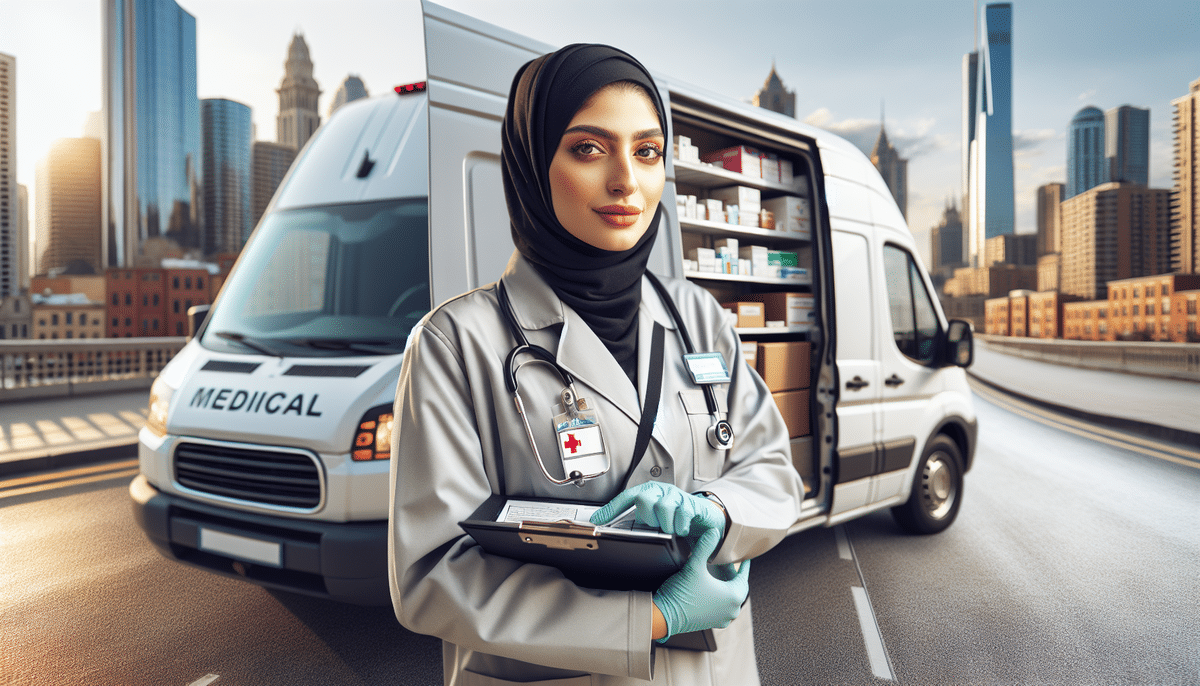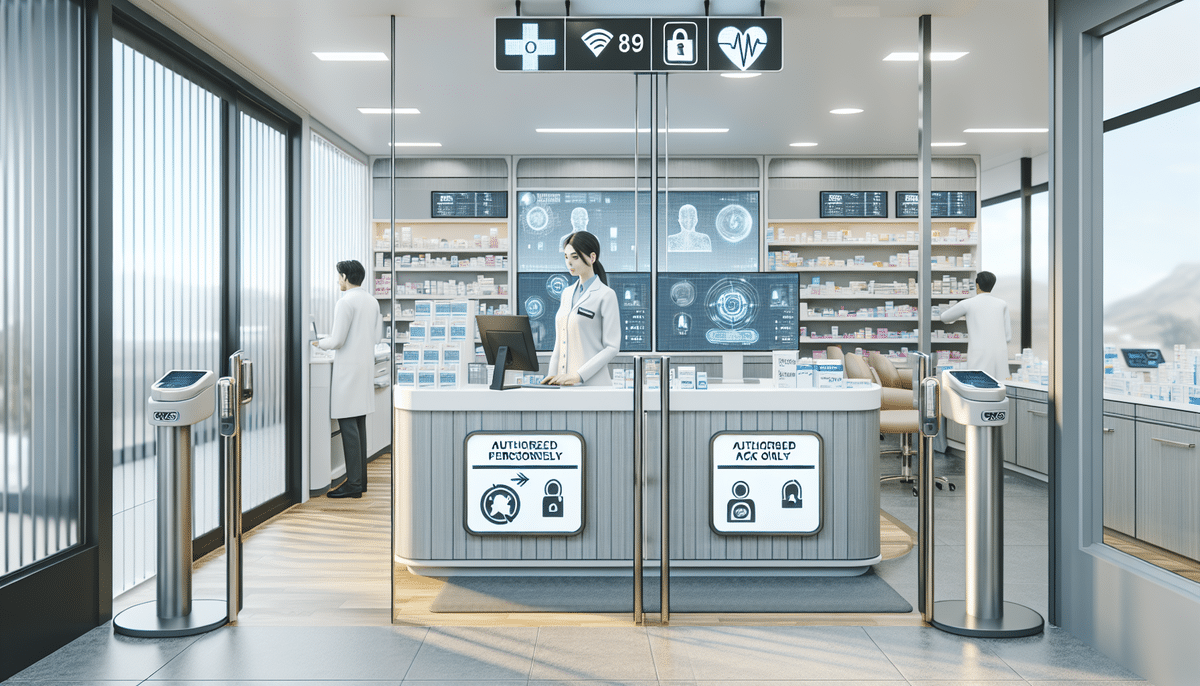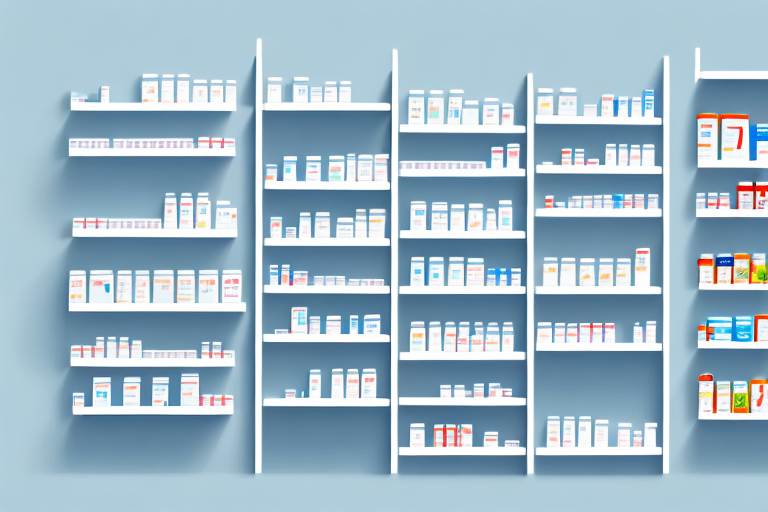Are you interested in becoming a medical delivery driver? This is a unique and rewarding job that requires a specific set of skills and qualifications. In this guide, we will take a closer look at what it takes to become a medical delivery driver, the responsibilities of this role, and how to succeed in the job.
The Role of a Medical Delivery Driver: What are the Responsibilities?
A medical delivery driver is responsible for transporting medical supplies, equipment, and medication from one location to another. This might involve delivering prescriptions to patients at their homes or delivering medical supplies to hospitals and clinics. In addition to driving, this job may also involve loading and unloading equipment and working closely with healthcare professionals and patients.
Furthermore, a medical delivery driver must ensure that all medical supplies and equipment are handled and transported safely and securely. They must also maintain accurate records of deliveries and ensure that all necessary paperwork is completed. Additionally, they may need to communicate with patients and healthcare professionals to coordinate delivery times and ensure that all deliveries are made on schedule.
Medical Delivery Driver Qualifications: What You Need to Know
If you are interested in becoming a medical delivery driver, there are certain qualifications you will need to have. These might include a valid driver's license, a clean driving record, and a high school diploma or equivalent. Depending on the employer, you may also need to pass a background check and drug screening. Additionally, some employers may require previous experience working in the healthcare industry.
It is important to note that medical delivery drivers may also need to have a basic understanding of medical terminology and procedures. This is because they may be required to transport medical equipment or supplies that require special handling or storage. In some cases, they may also need to interact with healthcare professionals or patients, so strong communication and customer service skills are also important. If you are interested in pursuing a career as a medical delivery driver, it is a good idea to research the specific requirements of potential employers and consider any additional training or certifications that may be beneficial.
How to Find Medical Delivery Driver Jobs in Your Area
If you are ready to start your job search, there are many ways to find medical delivery driver jobs in your area. Local hospitals, clinics, and pharmacies may be hiring for this role, so it's important to check job boards and company websites regularly. You can also work with a staffing agency or contact a medical equipment supplier to explore job opportunities.
Another way to find medical delivery driver jobs in your area is to network with people in the healthcare industry. Attend job fairs, join professional organizations, and connect with people on LinkedIn who work in healthcare. They may know of job openings or be able to refer you to someone who does. Additionally, consider reaching out to local transportation companies that specialize in medical deliveries, as they may be hiring drivers as well.
The Benefits of Working as a Medical Delivery Driver
Working as a medical delivery driver can be a rewarding career path with many benefits. Some of the advantages of this job include flexible work schedules, the opportunity to work independently, and the ability to make a positive impact on the lives of patients. Additionally, some employers may offer benefits such as health insurance, retirement plans, and paid time off.
Another benefit of working as a medical delivery driver is the potential for career advancement. Many drivers start out in entry-level positions and have the opportunity to move up to supervisory or management roles. This can lead to higher salaries and more responsibilities. Furthermore, the skills and experience gained as a medical delivery driver can be transferable to other industries, such as logistics or transportation.
Tips for Acing Your Medical Delivery Driver Interview
If you are called in for an interview, it's important to be well-prepared and professional. Dress appropriately, practice your communication skills, and be ready to provide specific examples of your experience and qualifications. You may also want to research the company beforehand so you can ask informed questions.
Another important aspect to consider is your driving record. As a medical delivery driver, you will be responsible for transporting sensitive and often life-saving materials. Employers will want to ensure that you have a clean driving record and are a safe driver. Be prepared to provide information about any past accidents or traffic violations, and emphasize your commitment to safe driving practices.
Essential Equipment for Medical Delivery Drivers
When working as a medical delivery driver, there are certain tools and equipment you will need to have on hand. This might include a GPS navigation system, a reliable vehicle, and safety equipment such as gloves and a mask. You may also need to be able to lift and move heavy equipment and supplies, so physical fitness is important for this job.
In addition to the basic equipment mentioned above, medical delivery drivers may also need to have specialized equipment depending on the type of medical supplies they are transporting. For example, drivers who transport temperature-sensitive medications may need to have a refrigerated vehicle or cooler bags to keep the medications at the required temperature. Similarly, drivers who transport medical equipment such as oxygen tanks may need to have specialized equipment to secure and transport the tanks safely.
Another important aspect of being a medical delivery driver is having good communication skills. Drivers may need to communicate with medical staff, patients, and their families to coordinate deliveries and ensure that the correct supplies are delivered to the right location. They may also need to be able to communicate effectively in emergency situations, such as when delivering life-saving medications or equipment.
Safety Precautions for Medical Delivery Drivers
As a medical delivery driver, it's important to take proper safety precautions to protect yourself and others. This might include following traffic laws, wearing personal protective equipment when necessary, and properly securing equipment and supplies during transport. You should also be trained in how to handle hazardous materials and respond to emergencies.
Another important safety precaution for medical delivery drivers is to maintain a clean and organized vehicle. This can help prevent accidents and ensure that equipment and supplies are easily accessible when needed. It's also important to regularly inspect your vehicle and report any issues or malfunctions to your supervisor.
In addition, medical delivery drivers should be aware of their surroundings and take precautions to avoid dangerous situations. This might include avoiding high-crime areas, being cautious when making deliveries to unfamiliar locations, and keeping doors locked and windows rolled up when driving in potentially unsafe areas.
Managing Time and Routes as a Medical Delivery Driver
To be successful as a medical delivery driver, you will need to be able to manage your time and routes efficiently. This might involve planning your route in advance, communicating effectively with patients and healthcare professionals, and being able to adapt to unexpected changes. Good time management skills and the ability to work under pressure are essential for this job.
Additionally, it is important for medical delivery drivers to have a strong understanding of the products they are delivering. This includes knowing how to properly handle and store medications, as well as understanding the specific needs of each patient. Drivers may also need to provide basic education to patients on how to properly use their medications. Having this knowledge can help drivers to better plan their routes and ensure that deliveries are made in a timely and safe manner.
Dealing with Difficult Patients: A Guide for Medical Delivery Drivers
As a medical delivery driver, you may encounter patients who are difficult to work with. It's important to remain professional, calm, and understanding in these situations. You may want to practice active listening skills, show empathy, and communicate clearly to help diffuse potential conflicts.
One common reason for difficult patient behavior is fear or anxiety related to their medical condition. As a medical delivery driver, you can help alleviate some of these fears by providing clear and accurate information about their medication or medical supplies. You can also offer reassurance and support, and encourage them to speak with their healthcare provider if they have any concerns.
Another important aspect of dealing with difficult patients is setting boundaries. While it's important to be understanding and empathetic, it's also important to maintain a professional relationship with the patient. If a patient becomes verbally or physically aggressive, it's important to remove yourself from the situation and contact your supervisor or the appropriate authorities for assistance.
How to Handle Medication and Supplies as a Medical Delivery Driver
When delivering medication and supplies, it's important to handle them with care and follow proper protocols. This might include checking medication for accuracy, properly storing equipment and supplies during transport, and properly disposing of hazardous materials. You may also need to be aware of specific regulations and safety guidelines for the products you are delivering.
Additionally, it's important to maintain a clean and organized vehicle to ensure the safety and effectiveness of the delivery process. This includes regularly sanitizing surfaces and equipment, as well as keeping medication and supplies in a secure and easily accessible location.
Communication with healthcare providers and patients is also crucial in this role. As a medical delivery driver, you may need to provide updates on delivery times or any issues that arise during the delivery process. It's important to have clear and effective communication skills to ensure that patients receive their medication and supplies in a timely and safe manner.
Growth Opportunities in the Field of Medical Delivery Driving
Medical delivery driving is a growing field with many opportunities for advancement. With experience and additional training, you may be able to move into roles such as a dispatcher or manager, or even start your own medical delivery business. Keep an eye out for new job openings and consider pursuing additional education or certification to advance your career.
Salary Expectations for Medical Delivery Drivers: What You Need to Know
The salary for medical delivery drivers can vary depending on factors such as location, experience, and employer. According to Salary.com, the median annual salary for a medical delivery driver in the United States is $36,191. Keep in mind, however, that this salary can vary considerably depending on your specific qualifications and the job market in your area.
Becoming a medical delivery driver can be a fulfilling and rewarding career path with plenty of opportunities for growth and advancement. By following the tips and guidelines in this guide, you can get started on your journey to becoming a successful medical delivery driver.









